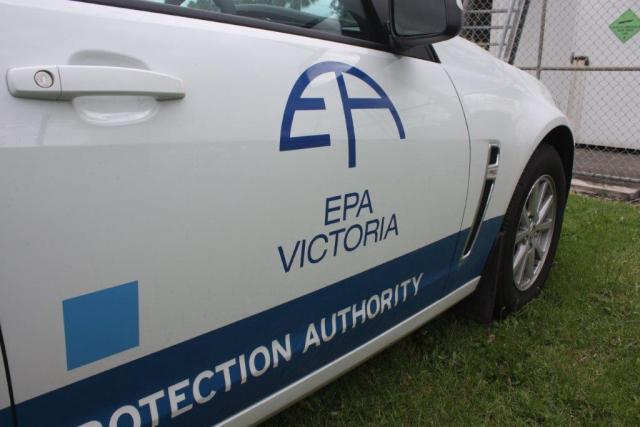Environment Protection Authority (EPA) Victoria officers inspected 60 industrial sites around Tullamarine to prevent the threat of chemical leaks into local waterways, including Steele Creek.
EPA acknowledged World Water Day on March 22 and is championing the theme of ‘accelerating change’ by reminding businesses of the simple steps they can take to help protect waterways by managing their waste and preventing spills and leaks into storm water.
EPA western metropolitan Melbourne regional manager Steve Lansdell said businesses around Tullamarine were co-operative and most of the issues found were an easy-fix.
“The team issued 130 pieces of compliance advice and will follow up to ensure the improvements are made,” Mr Lansdell said.
“We have issued two remedial notices and we’re finalising another two to set clear legal deadlines and requirements on some businesses to improve their liquid storage and handling controls, washing procedures and storm water management.
“We are also investigating a number of potential enforcement matters for businesses washing wastewaters directly to storm water drains. EPA has strict penalties if any business fails to comply with our notices and laws.”
The EPA said typical issues found during the program’s inspections include liquid storage and handling, vehicle washing into storm water, storage and handling of waste, spill kits, lack of storm water controls, storage and disposal of waste tyres and waste tracker knowledge and use.
During inspections in the Tullamarine area, campaign officers from EPA’s northern and western metropolitan regions were joined by a Wurundjeri Narrap Ranger.
The EPA inspections are part of a statewide initiative involving businesses near waterways to improve management and stop spills or chemicals escaping into storm water drains, creeks and rivers.
“Storm water drains empty into local waterways such as creeks and rivers, so it’s critical that businesses know their responsibility and take all reasonable actions to prevent pollution,” Mr Lansdell said.







